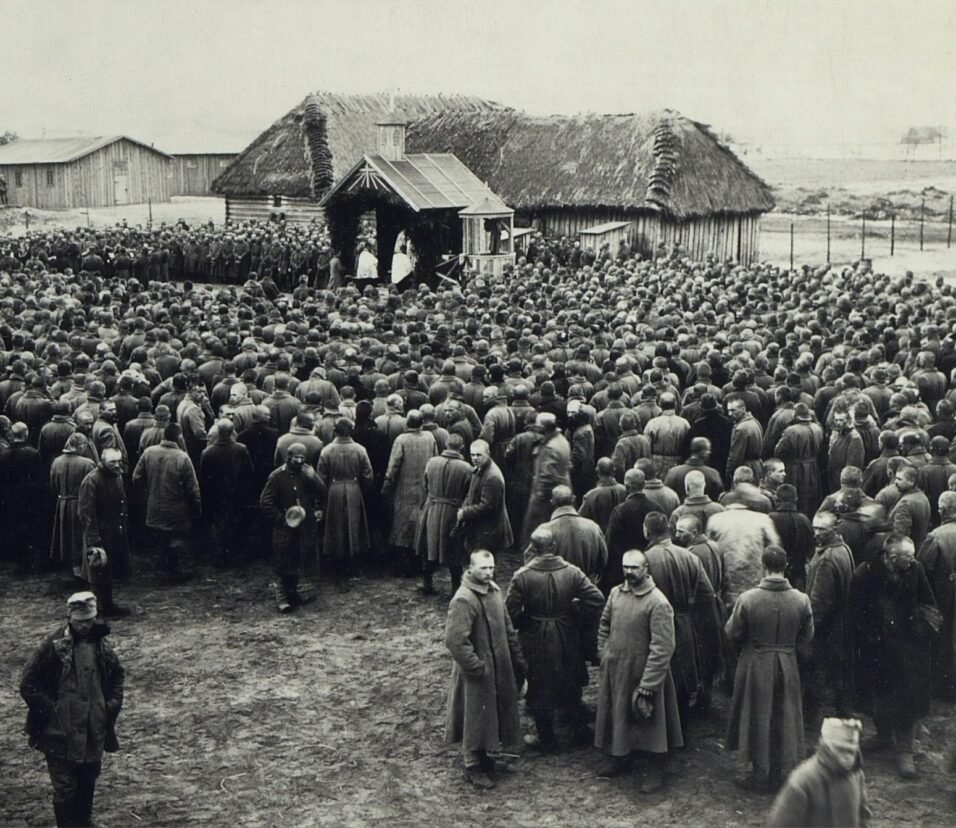The Reagan Era and Modern America
Ronald Reagan’s presidency, spanning from 1981 to 1989, left an indelible mark on American history, with significant political, economic, and societal implications. His administration introduced policies that continue to influence the United States and its international relations today.
Reagan’s Domestic Policies: Economic Transformation
One of Reagan’s critical domestic objectives was economic recovery. He aimed to curb inflation, increase employment, and promote sustainable economic growth. Reagan’s economic philosophy, widely known as “Reaganomics,” was grounded in supply-side economics. The policy aimed to stimulate economic growth by reducing taxes, controlling the money supply to curb inflation, reducing government spending, and reducing regulation on businesses.
Reagan believed in the theory of supply-side economics, often referred to as “trickle-down economics.” The essence of this theory is that reducing taxes on businesses and the wealthy would stimulate investment, boosting economic growth and benefiting society as a whole.
However, while Reagan’s economic policies led to a significant decrease in unemployment and inflation rates, they also resulted in an increase in income inequality and national debt. The effectiveness and legacy of Reaganomics remain contentious subjects among economists and historians.
Reagan’s Foreign Policies: A Stance Against Communism
Reagan’s foreign policy was largely focused on the containment and rollback of communism, especially in the context of the ongoing Cold War. The Reagan Doctrine provided aid to anti-communist movements worldwide, asserting American influence in geopolitical affairs.
Significant foreign policy milestones during Reagan’s presidency include the invasion of Grenada, the bombing of Libya, and the escalation of the arms race with the Soviet Union, which eventually culminated in the Intermediate-Range Nuclear Forces Treaty of 1987.
The Legacy of Reagan’s Leadership Style
Another facet of the Reagan era that warrants attention is the nature of Reagan’s leadership style. Known for his charisma and superb communication skills, Reagan was dubbed “The Great Communicator.” His affable nature and ability to connect with people were among his most notable traits. He was particularly effective at using television as a medium to connect with the American people, leveraging this modern technology to convey his policy ideas effectively and forge a more intimate bond with citizens.
The ‘War on Drugs’
Reagan’s administration was also notable for its intense focus on combating drug abuse, a policy stance that led to the widely-publicized ‘War on Drugs.’ The aim was to reduce the illegal drug trade in the U.S. through a substantial increase in prison sentences for drug offenders. While the policy has been praised for its intent, it has also been heavily criticized. Critics point out that it led to a significant increase in the U.S. prison population and disproportionately affected minorities, contributing to systemic inequities that persist to this day.
Impact on Infrastructure and Environment
The Reagan administration’s approach to infrastructure and the environment was marked by an emphasis on deregulation and private enterprise. Reagan significantly cut the budget of the Environmental Protection Agency and promoted business-friendly policies at the cost of environmental regulations. These policies have had long-term impacts on the U.S. approach to environmental conservation and are still a point of contention in American politics.
Changes in Immigration Policy
The Reagan era also brought about significant changes in immigration policy. The Immigration Reform and Control Act of 1986 was a major reform passed under Reagan’s administration. The act made it illegal to knowingly hire or recruit unauthorized immigrants, required employers to attest to their employee’s immigration status, and granted amnesty to approximately three million illegal immigrants who entered the United States before January 1, 1982 and had resided there continuously.
The Cold War: An Era of Escalation and Resolution
One of Reagan’s significant contributions was his role in hastening the end of the Cold War. He escalated the arms race, which put immense economic pressure on the Soviet Union. Reagan also played a crucial role in improving relations with Soviet leader Mikhail Gorbachev. The two leaders agreed on a treaty that resulted in the largest reduction of nuclear weapons in history.
However, critics argue that Reagan’s policies led to an increase in global tensions and an arms race that could have potentially resulted in nuclear warfare.
Social Policies: The Conservative Shift
Reagan’s presidency also marked a distinct shift toward conservative ideals in the social and cultural landscape of America. His administration took strong stances against abortion, supported school prayer, and prioritized family values. His views on social issues continue to significantly influence the conservative movement in America.
The End of an Era and Its Lasting Impacts
Reagan’s presidency came to an end in 1989, but his influence did not. His successor, George H. W. Bush, adopted many of Reagan’s policies and philosophies. However, he was not able to maintain the same level of popularity and served for only one term. Despite this, the legacy of the Reagan era endures, influencing modern American policy and shaping the nation’s socio-political landscape.
In conclusion, the Reagan era is a fascinating period in American history, marked by significant political shifts, economic transformations, and social changes. Its legacy continues to be felt in Modern America, making it a crucial period in understanding the nation’s history.







